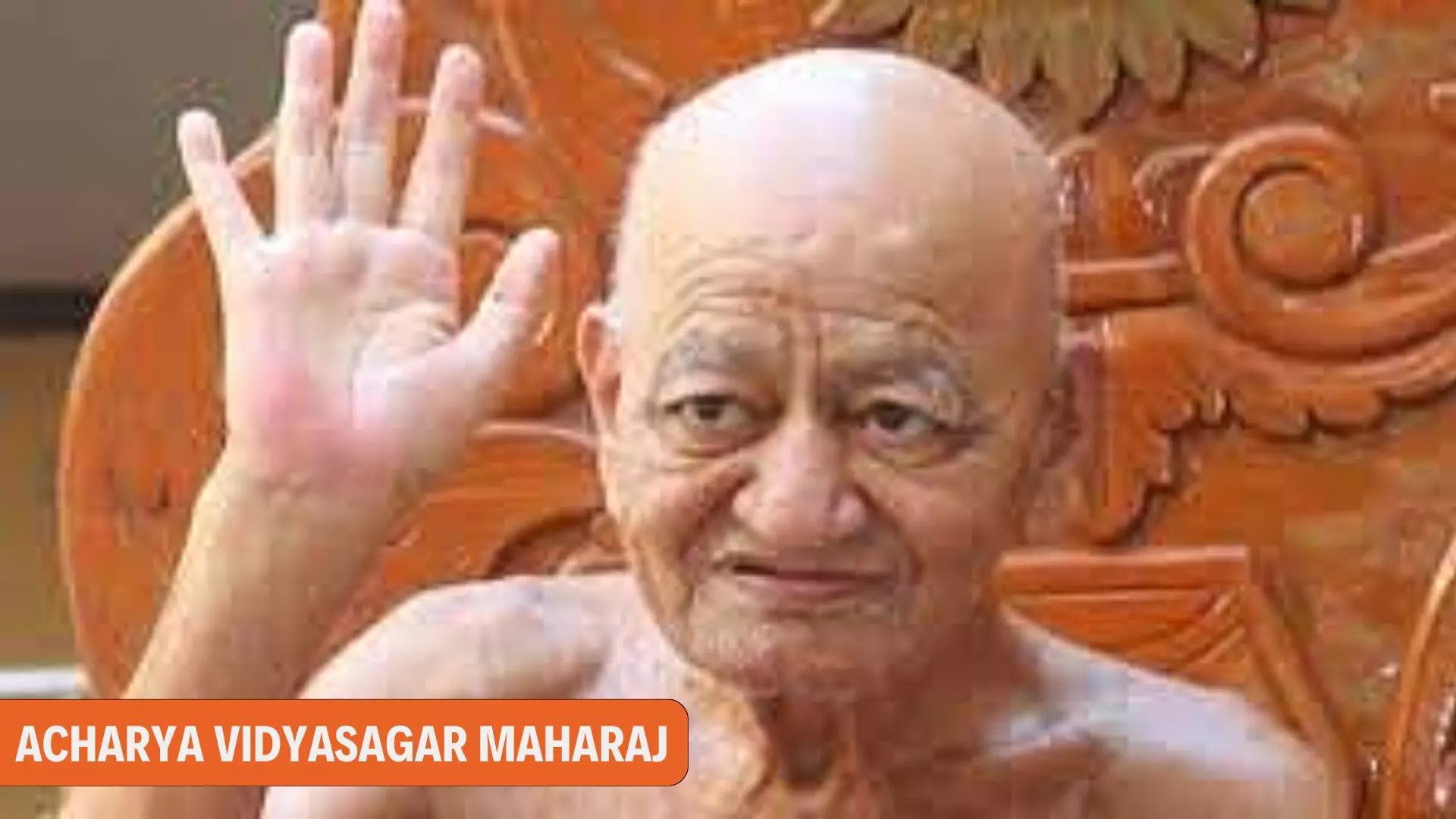![]() 22 Feb 2024
22 Feb 2024
The Prime Minister, Shri Narendra Modi today penned his thoughts on Sant Shiromani Acharya Shri 108 Vidhyasagar Maharaj Ji.

Doctrine of Essentiality:
|
|---|
Source: PIB
| Must Read | |
| NCERT Notes For UPSC | UPSC Daily Current Affairs |
| UPSC Blogs | UPSC Daily Editorials |
| Daily Current Affairs Quiz | Daily Main Answer Writing |
| UPSC Mains Previous Year Papers | UPSC Test Series 2024 |
<div class="new-fform">
</div>